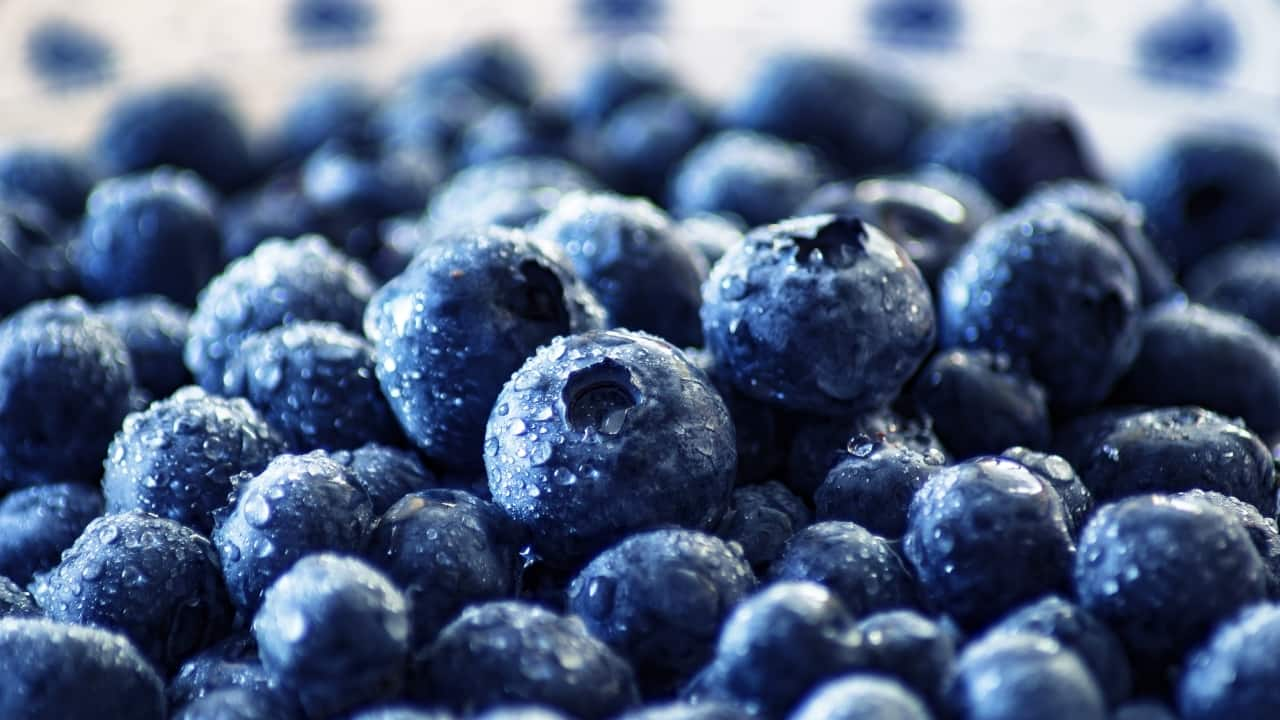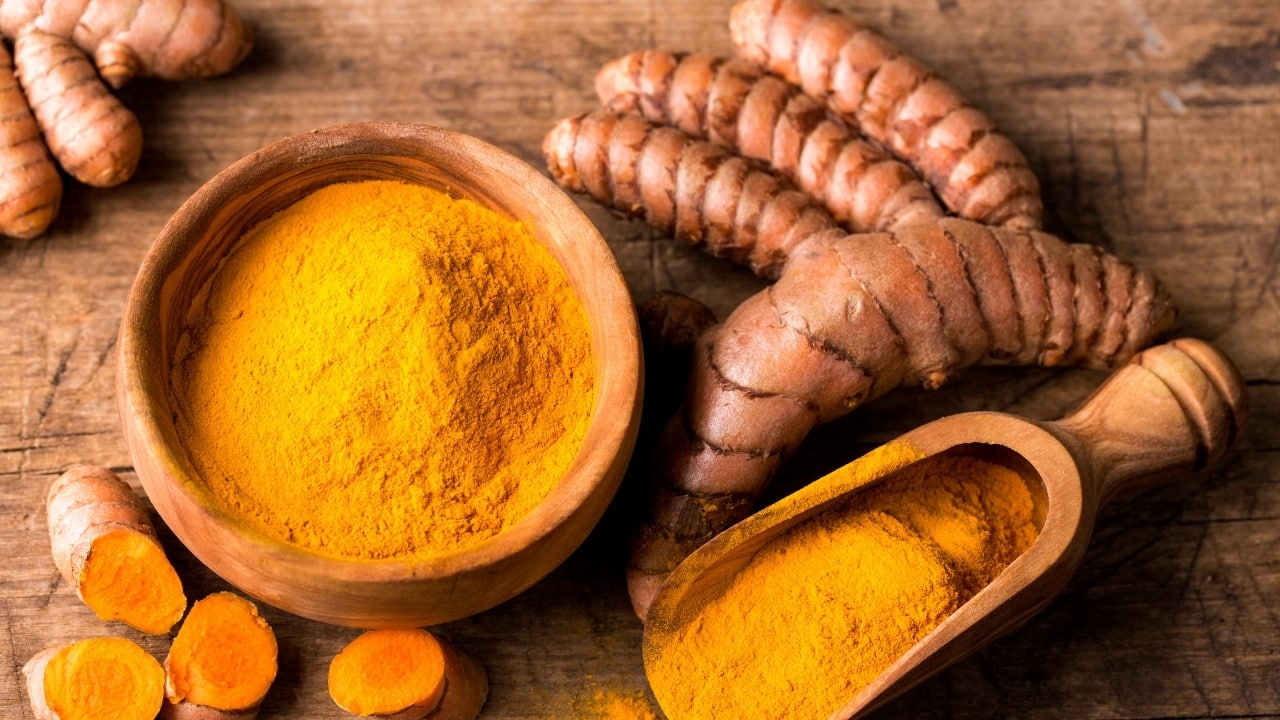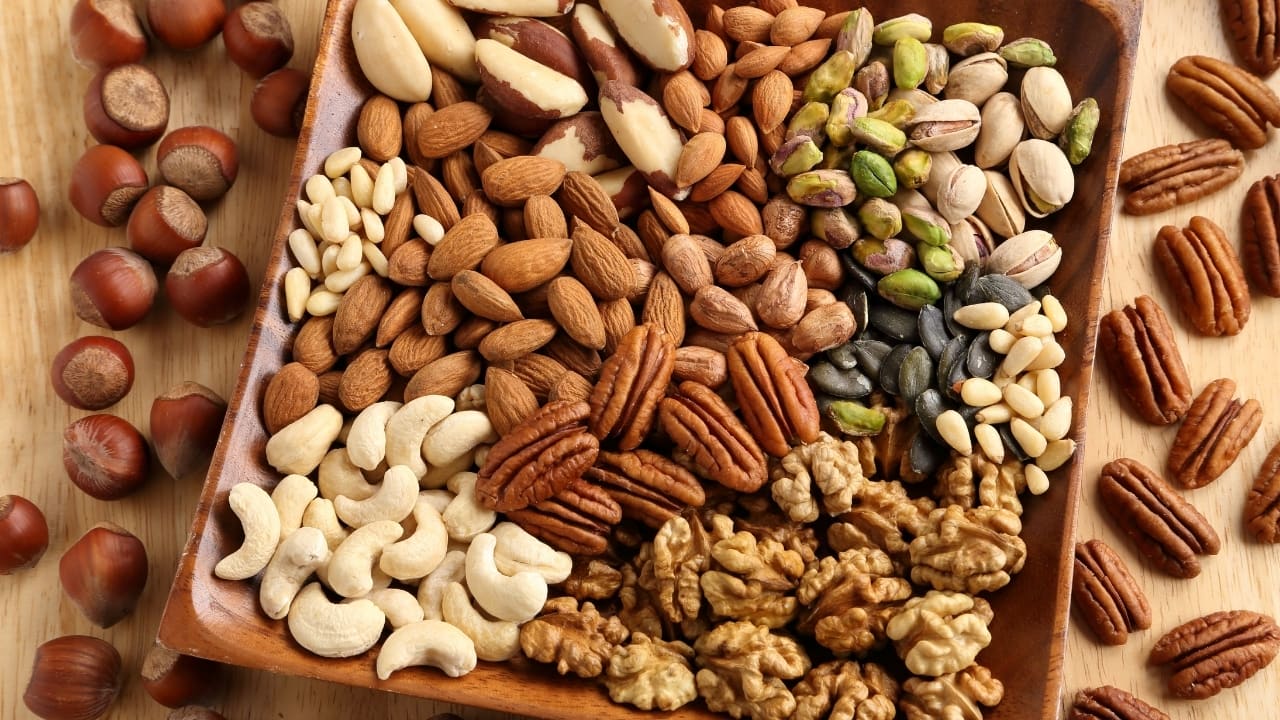Boost brain health: Improve memory, concentration, reduce oxidative stress with these 8 foods in daily diet
Diet tips: Boost brain health by incorporating foods rich in omega-3s, antioxidants, and essential nutrients. Fatty fish, blueberries, turmeric, and nuts support memory, focus, and protect against cognitive decline.
1/9

Brain health refers to the ability of the brain to function optimally across various cognitive, emotional, and psychological aspects. It involves maintaining mental clarity, memory, learning capabilities, emotional stability, and the ability to perform day-to-day tasks effectively. A healthy brain allows you to think, plan, make decisions, and process information efficiently. Signs that your brain health may need attention include persistent forgetfulness, difficulty concentrating, confusion in familiar situations, mood swings, and trouble with problem-solving or decision-making. Additionally, experiencing frequent headaches, unexplained anxiety, or depression can be indicators that your brain isn't functioning at its best. Ignoring these signs can lead to more serious cognitive decline over time. Taking proactive steps, such as engaging in regular mental exercises, getting enough sleep, managing stress, and staying socially active, can help maintain and improve brain health. Eating the right foods can significantly boost brain health. Here are eight foods you should consider incorporating into your daily diet for optimal cognitive function, according to Dr Arvind Kumar, RGS Global Healthcare’s Neurologist. (Image: Canva)
2/9

Fatty fish: Fatty fish like salmon, trout, and sardines are rich in omega-3 fatty acids, crucial for brain health. These healthy fats are vital for building brain and nerve cells, which are essential for learning and memory. Regular consumption can slow age-related cognitive decline, reduce the risk of Alzheimer’s, and improve mental focus and clarity. (Image: Canva)
3/9

Blueberries: Blueberries are antioxidant powerhouses, particularly high in flavonoids, which help reduce oxidative stress and inflammation in the brain. These berries are linked to improved memory and a slower rate of brain ageing. Consuming blueberries regularly may also enhance communication between brain cells, support learning, and protect against neurodegenerative diseases like Alzheimer’s. (Image: Canva)
4/9

Turmeric: Turmeric contains curcumin, a compound with potent anti-inflammatory and antioxidant properties. Curcumin crosses the blood-brain barrier, making it beneficial for brain health. It has been shown to enhance memory, reduce symptoms of depression, and promote the growth of new brain cells, potentially delaying age-related cognitive decline and supporting overall brain function. (Image: Canva)
5/9

Broccoli: Broccoli is rich in antioxidants and vitamin K, which play a crucial role in brain health by supporting the formation of sphingolipids, a type of fat found in brain cells. Its high antioxidant content protects the brain from oxidative damage, while other compounds in broccoli have been shown to support cognitive function and protect against neurological disorders. (Image: Canva)
6/9

Pumpkin seeds: Pumpkin seeds are loaded with antioxidants and essential nutrients like magnesium, iron, zinc, and copper, all vital for brain health. Magnesium supports learning and memory, zinc is essential for nerve signalling, iron is critical for cognitive function, and copper helps control nerve signals. These nutrients collectively promote brain health and protect against neurodegeneration. (Image: Canva)
7/9

Oranges: Oranges are an excellent source of vitamin C, which is essential for brain health. Vitamin C helps prevent mental decline by protecting the brain against oxidative stress. It’s also vital for the production of neurotransmitters like dopamine and serotonin, which are involved in mood regulation. Daily intake of vitamin C-rich foods like oranges can support overall cognitive function. (Image: Canva)
8/9

Nuts (especially walnuts): Nuts, particularly walnuts, are rich in healthy fats, antioxidants, and vitamin E, all crucial for brain health. Vitamin E protects brain cells from oxidative damage, slowing mental decline as we age. The omega-3 fatty acids in walnuts also support brain function, enhance memory, and may reduce the risk of neurodegenerative diseases like Alzheimer’s. (Image: Canva)
9/9

Eggs: Eggs are a great source of several brain-boosting nutrients, including vitamins B6 and B12, folate, and choline. Choline is used to produce acetylcholine, a neurotransmitter that regulates mood and memory. B vitamins help slow the progression of mental decline and lower levels of homocysteine, an amino acid linked to cognitive impairment and Alzheimer’s disease.
Disclaimer: This article, including health and fitness advice, only provides generic information. Don’t treat it as a substitute for qualified medical opinion. Always consult a specialist for specific health diagnosis.
Disclaimer: This article, including health and fitness advice, only provides generic information. Don’t treat it as a substitute for qualified medical opinion. Always consult a specialist for specific health diagnosis.
Discover the latest Business News, Budget 2025 News, Sensex, and Nifty updates. Obtain Personal Finance insights, tax queries, and expert opinions on Moneycontrol or download the Moneycontrol App to stay updated!






